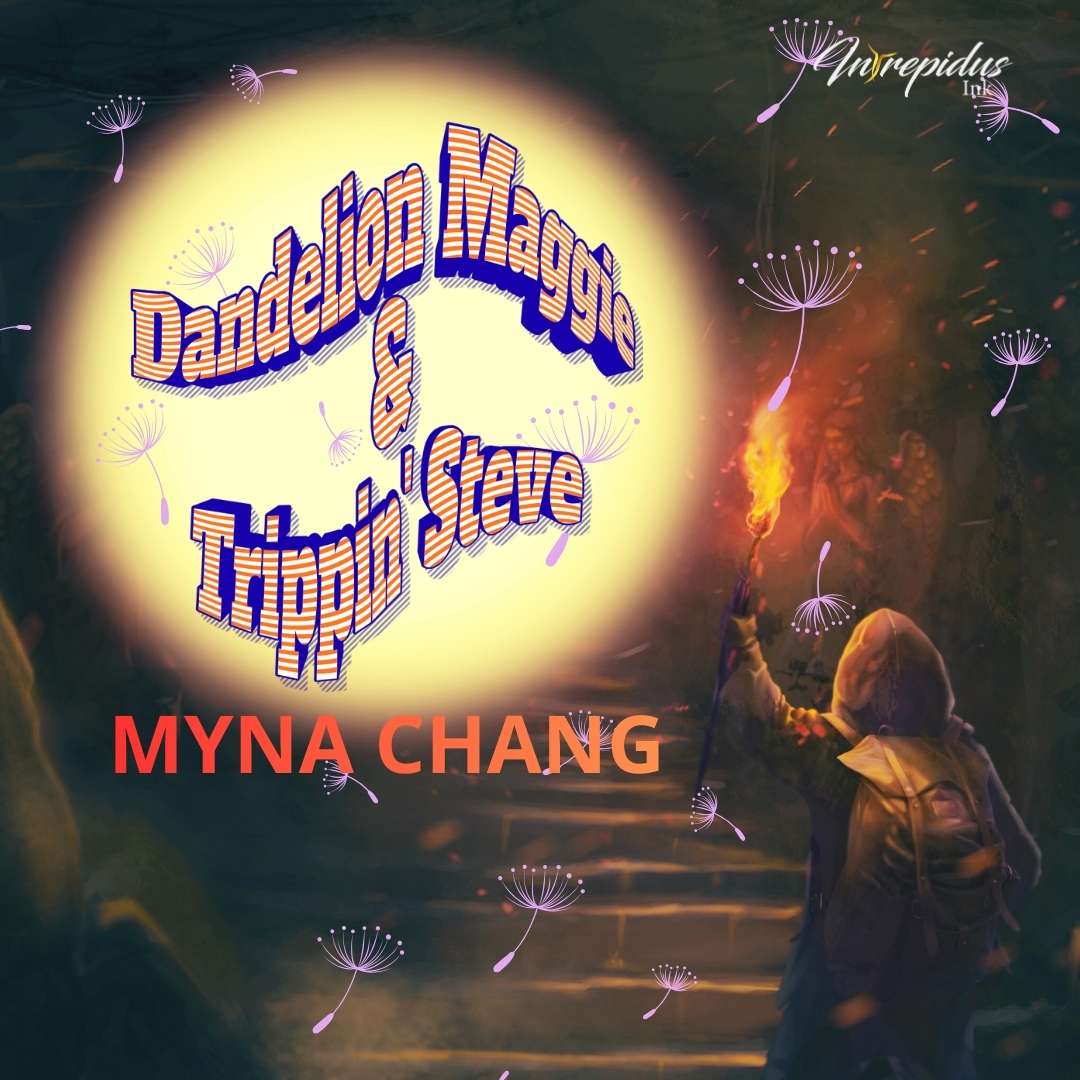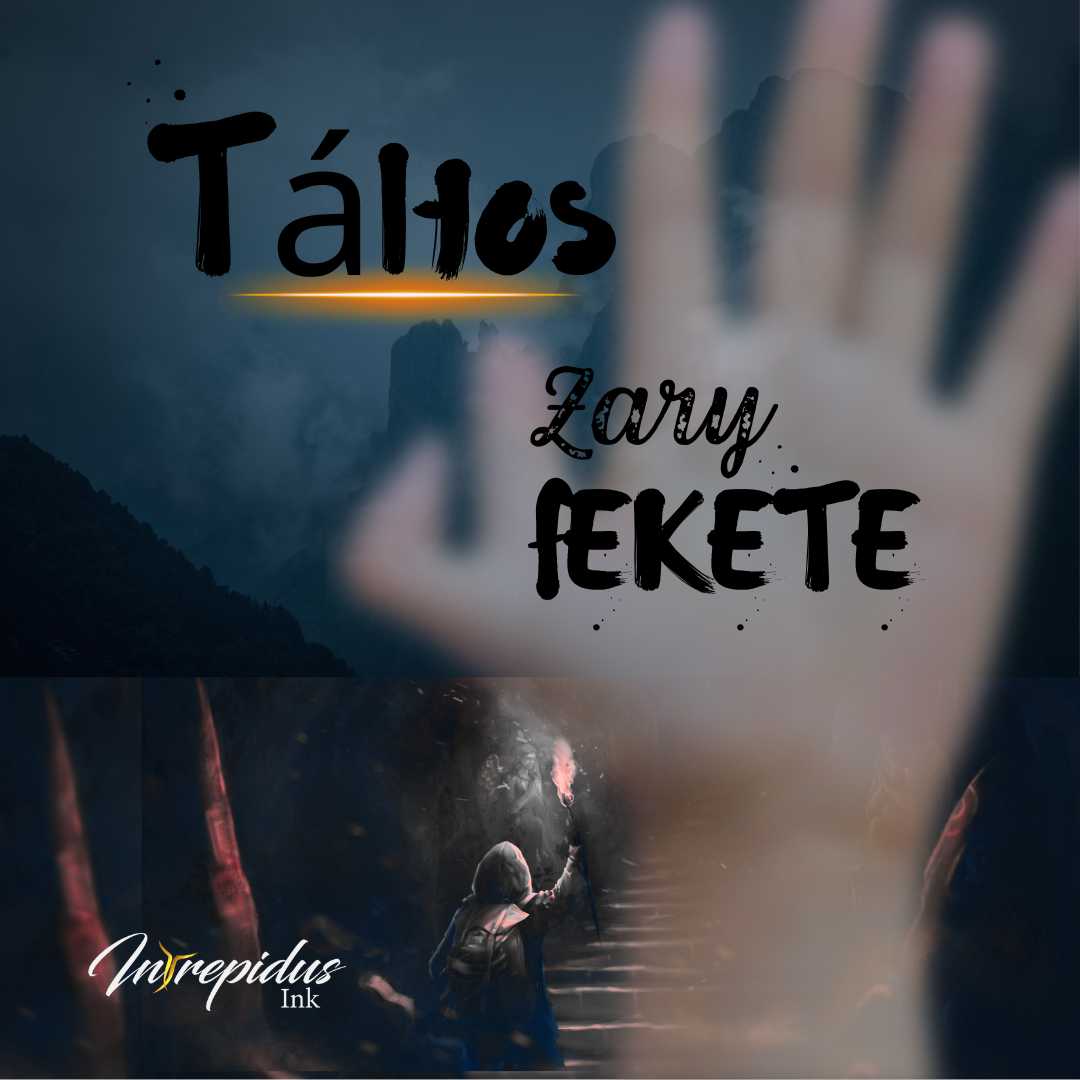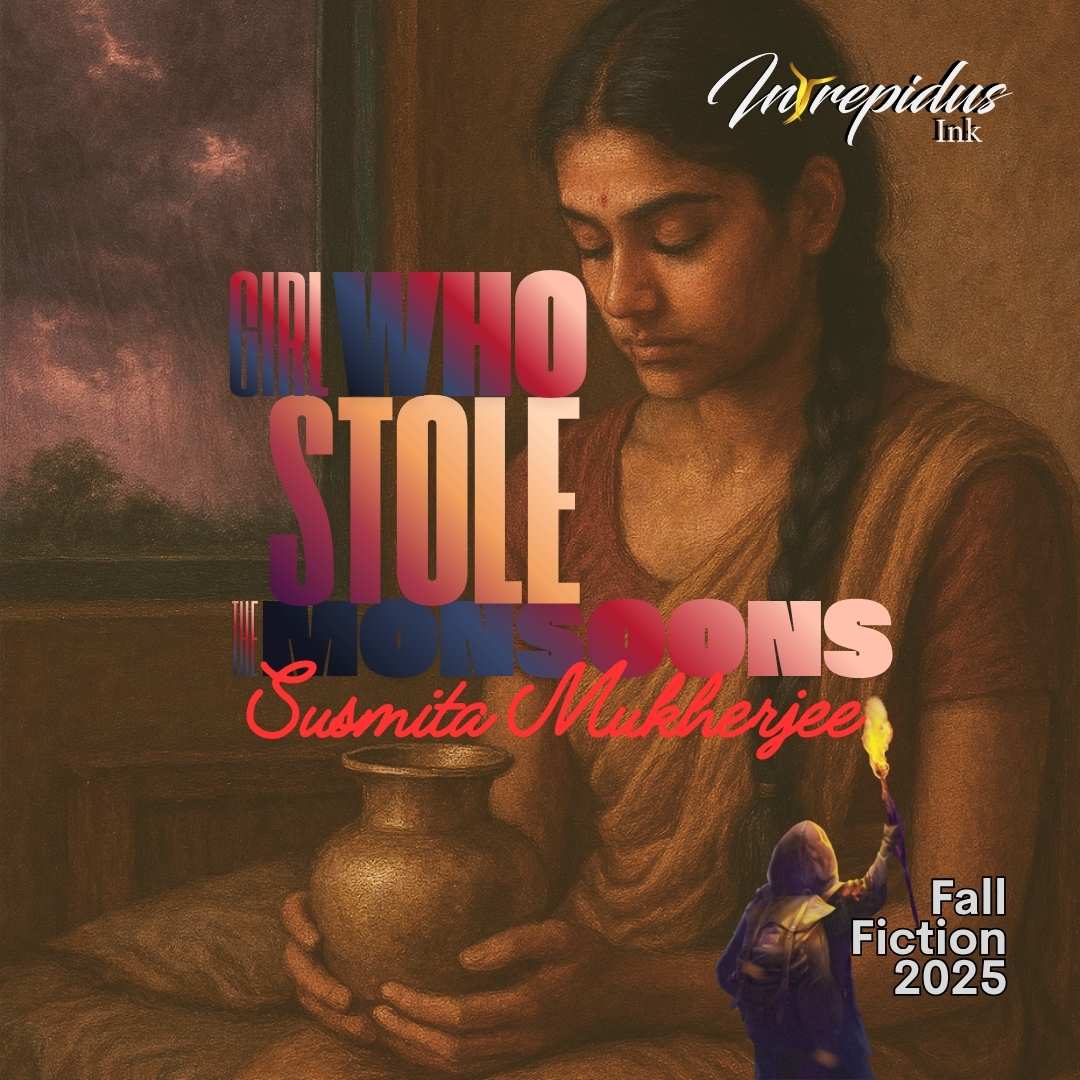

Magical Realism
A
woodsman gave me a ride for the last few miles. He was surprised to find a young woman on the mountain path.
“You’re a student?” he said.
“From Piarista gymnazium,” I said.
“Where the witch burning happened last week,” he said. “Awful stuff.”
We passed through small settlements; the path wound up through the hills toward the village where the woodsman told me Erzsebet asszony lived. As the wagon bumped along, I asked the woodsman if he had known of any other táltos living in the mountains besides her. He told me a story from his childhood of a young man named Lófia. One day when he was hunting in the woods, he found a griffin, weak from hunger. The young man cut his hand and fed the griffin with his blood. In return, the griffin carried Lófia’s image into the night sky, a constellation for the eyes of the nation…an ideal. A type.
“He was a táltos?” I said. “The hunter?”
“He had six fingers on his right hand,” the woodsman said. “Like you.”
I withdrew my hands into my cloak, flushing with embarrassment, remembering all the times I kept them under the table at school, away from the eyes of my classmates and teachers. The woodsman dropped me in the town square of the last village and said I should look for shelter soon.
The wind from the mountains brought a cold night. After asking at a few houses, I was led to Erzsebet asszony’s house. I knocked twice on the wooden door. My nerves caught up with me; I didn’t feel ready to meet her. I felt certain she would know my guilt, that I had been overlooked when the other girls were sentenced. Would she be able to tell how this was eating at me?
Nervously, I waited. Then she stood before me.
Even though she had a face, I couldn’t see it. I sensed instead the vacant spaces where her eyes were, the wide slice of a mouth. She breathed thick and deep. After a pause, she said, “Well, then, come in.”
She gestured to a wooden bench by the fire and sat across from me, sipping tea. She said, “Do they teach about táltos in your school?”
“Not much,” I said. “The priests think it is a folk tale.”
I sensed her smile.
“You don’t believe it?” she said.
I shrugged. “How can I? I’m just a girl. Not…chosen.”
She considered me for a moment. “Shall we do the test?”
My fingers squirmed in my cloak. I pulled my hand out and searched her face. She smiled.
“Put it on the hearth,” she said.
I was shaking but knelt on the floor and stretched my hand forward. The hearth was warm from the fire. I lay my palm flat against the stone.
She stood and walked to a dark corner of the room. When she returned, she was holding an axe. “This will hurt,” she said and swung the axe.
Pain exploded from my hand. I wanted to snatch it back, but I kept it stretched before me. She struck again. The pain burst white and brilliant. It radiated up my arm and into the back of my head. She must have struck again, but my eyes were squeezed shut.
Then I saw a vision. A city unfolded below me. I could see people inside the tiny houses. Fiery fragments from the sky fell toward the earth. I saw the magistrate and his men hunched at their desks. The fragments from the sky came to rest, hovering over each guilty house…over each man who pulled the girls to the river.
“Open your eyes,” Erzsebet asszony said.
I was back in her room. She stood above me with the axe. I looked at my hand. All six fingers were there. I flexed; nothing was broken.
“Will it happen?” I said. “Will the men be marked for judgment?”
“If a táltos felt called,” she said. I caught her small smile.
I closed my eyes to steady myself. With my left finger, I traced the six fingers on my right hand. Energy coursed through me.
I opened my eyes. “What do I need for the révülés?” I said. “To right the wrong.”
Her smile broadened. Slowly, a wet-earth smell filled the room like during planting time…fallow ground. Then Erzsebet asszony leaned forward and pressed a little jar into my right hand. The glass of the jar felt cool. As she leaned back, the air wafted around me. I realized the planting smell was coming from her.
She ushered me back down her hall to the door. I crossed the threshold, and a slight shiver came between my thighs. I turned back to her.
“Travel through the night,” she said. “The storm won’t touch you.” Sure enough, although the wind was high and screaming, warmth coursed through me.
“When should it happen?” I said.
“In two days,” she said. “On Sunday.”
Then she was gone. I looked down the side of the mountain. I pictured the city far below. I thought of the magistrate and his officials who had done the deeds to the women.
…tied the women.
…burned the women.
I pictured their marked houses. My six fingers curled into a fist. I wrapped the shawl around my shoulders and felt the cool jar in my pocket. I began the descent.

Author Bio

Zary Fekete…
…grew up in Hungary…
…has a debut chapbook of short stories out from Alien Buddha Press and a novelette (In the Beginning) coming out from ELJ Publications.
…enjoys books, podcasts, and long, slow films. X: @ZaryFekete.

